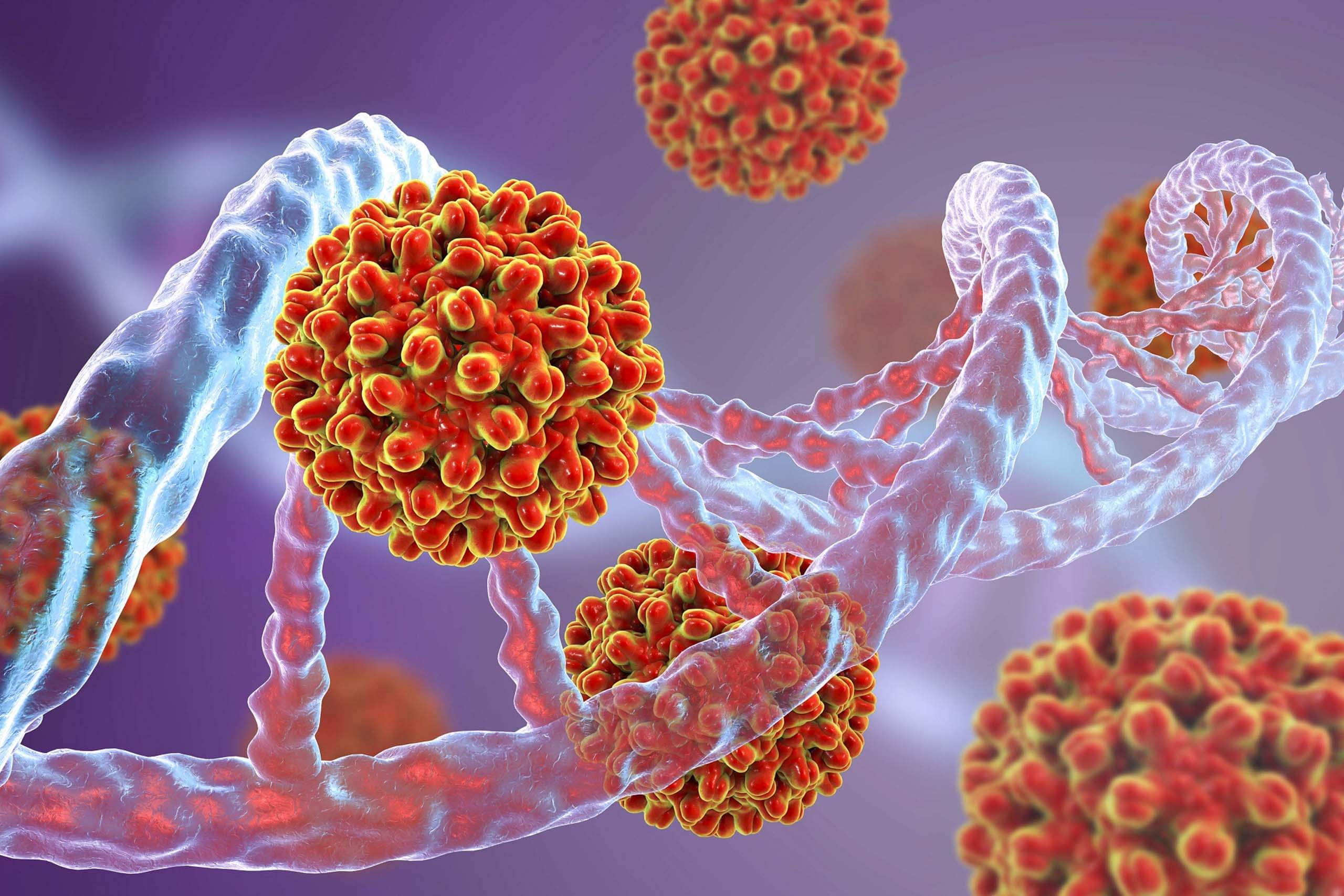High blood cholesterol and high blood pressure are two of the most common risk factors for heart diseases. More than 170 million people globally are currently living with heart disease and another 400 million will become card carriers in the coming years. Fortunately, many healthy lifestyle habits can help you control your risk of heart disease. Eating a diet rich in plant-based foods and low in saturated fat is one of the best things you can do to help lower your chances of developing heart disease and maintain a healthy weight.
In this article, we will discuss the role of cholesterol and how you can control your cholesterol:
- What is Cholesterol?
- How does cholesterol cause heart disease?
- Why is it hard to reduce your cholesterol?
- 5 Tips to Control Your Cholesterol
- Conclusion
What is cholesterol?
Cholesterol is produced by your liver, adrenal glands, and intestinal bacteria. It is found in the blood and is essential to your health. It makes hormones, such as estrogen, testosterone, and cortisol. Cholesterol is produced in the gut of nearly every creature on earth, it is used by the body to produce vitamin D, regulate immune function, and provide structural support to organs, such as the brain and thyroid. It also helps to regulate your metabolism.
Cholesterol is transported throughout the body by macrophages, a type of immune cell, and brain cells. Normally, your body needs small amounts of cholesterol for these cells to function properly. However, when your cholesterol levels are too high, macrophages can begin to eat and destroy them. This can lead to damage to nerves and brain cells, cognitive decline, and even early-onset dementia.
Read More: Diabetes – Understanding the Disease and Need to Control It.
How does cholesterol cause heart disease?
High blood cholesterol levels are one of the major risk factors for heart disease. Elevated blood cholesterol levels are associated with an increased risk of developing cardiovascular disease, a condition marked by fatty deposits forming on the walls of arteries throughout the body. When cholesterol levels are high, the body produces extra foam cells (macrophages) that can consume and damage the arteries.
Elevated blood pressure is another risk factor for heart disease and is caused by increased blood volume, which can lead to increased pressure inside the arteries.
If you have high blood cholesterol, you may experience the following symptoms:
- Fatigue
- Shortness of breath
- A persistent feeling of pressure in your chest
- Constipation or irregular bowel movement
- Muscle cramps or spasms
- Mild cognitive decline
- Osteoarthritis
- Skin conditions such as psoriasis, shingles
- and even an increased risk of certain types of cancer.
Why is it hard to reduce your cholesterol?
As mentioned above, cholesterol is essential to your body’s health. It is found in foods such as eggs, meats, dairy products, and oil. Low levels of cholesterol are a sign of a healthy diet. It is very difficult to reduce your cholesterol level completely, but you can significantly reduce your cholesterol by making some healthy lifestyle changes.
5 Tips to Control Your Cholesterol:
1. Keep a food diary:
Track what you eat for a week to see where you can make improvements. Studies have found that people who track their diet make healthier choices.
2. Try a low-fat or fat-free diet:
A low-fat diet is the best way to reduce your cholesterol. Low-carb diets may help to reduce blood pressure.
3. Limit your intake of saturated fat:
Saturated fat is found in animal products such as beef, butter, full-fat dairy, and tropical oils such as palm oil. Reducing your saturated fat intake will greatly reduce your cholesterol.
4. Exercise:
Exercise helps decrease body fat, improve your cholesterol and blood pressure levels, and increase your HDL. It also makes you feel better and happier!
5. Eat more plant-based foods:
Studies have found that plant-based diets are associated with lower cholesterol and blood pressure levels. They also protect your body from oxidative stress.
Conclusion:
A healthy and balanced diet is the foundation of healthy living. A diet rich in fruits and vegetables, whole grains, and low-fat dairy products can help you maintain a healthy weight and lower your risk of developing heart disease. In addition, exercising regularly and maintaining a healthy weight are also key to controlling your cholesterol and blood pressure. You may also want to consider taking a medication to reduce your LDL cholesterol if you are at risk for heart disease. While it can be challenging to reduce your cholesterol, with a little effort, it is possible.










